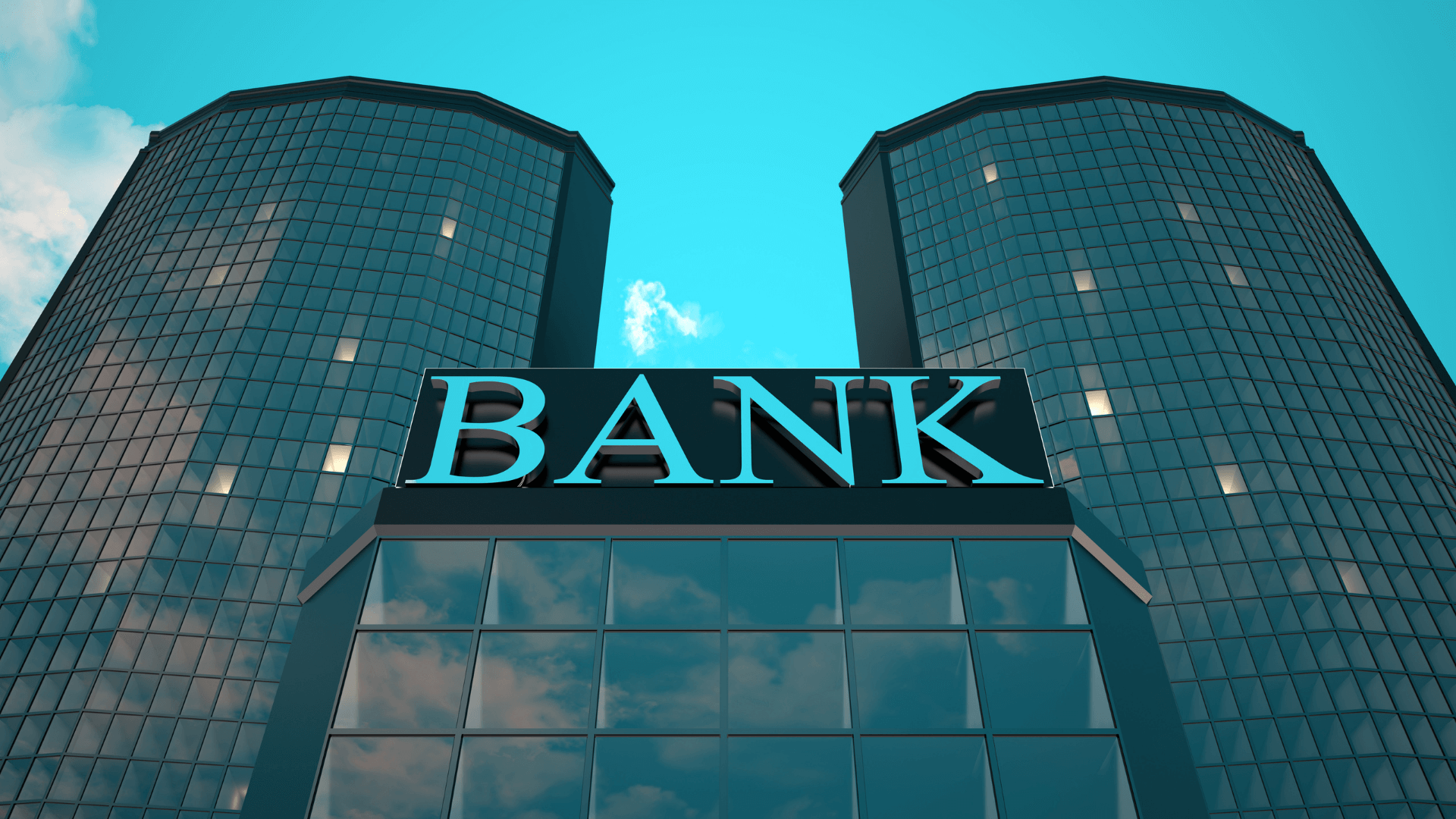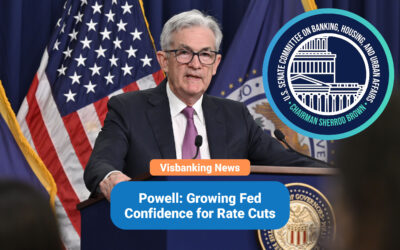Estimated reading time: 2 minutes
By: Ken Chase.
In a note to its clients this week, predicted that the U.S. economy will experience an even worse recession than the bank forecast earlier in the month. According to the report’s authors, the aggressive interest rate hikes the Federal Reserve will need to implement to rein in inflation will harm the economy and lead to a “major recession.”
That assessment is notably worse than the bank’s forecast in early April when inflation was believed to be just below 8 percent. Since then, the government has reported that consumer prices rose by 8.5 percent in March, a rate unseen since the early 1980s. According to the economists who compiled the report, the Fed’s late response to persistent inflation will require it to raise interest rates much higher than it would like, and much more rapidly.
Federal Reserve Chairman Jerome Powell has already indicated that the central bank intends to be aggressive in its upcoming rate hikes. According to Powell, a one-half-point hike is being considered for May, with multiple additional increases on the table for the rest of 2022 and into 2023.
In the report, Deutsche Bank noted that the Federal Reserve has never been able to manage a soft landing when interest rates are extremely high while unemployment is unusually low. According to the bank, all previous attempts by the Fed have ended up “pushing the economy into a significant recession.”
Meanwhile, Goldman Sachs has said that recession is a possibility, but by no means inevitable. According to a recent Sachs report, recession is not necessary to bring inflation under control. However, that report’s authors conceded that the slowing of growth needed to rein in rising prices could itself trigger a recession.
The Deutsche Bank assessment of the situation offers little room for a less aggressive approach to out-of-control inflation. As the report notes:
“It is sorely tempting to take a go-slow approach hoping that the US economy can be landed softly on a sustainable path. This will not happen. Our view is that the only way to minimize the economic, financial and societal damage of prolonged inflation is to err on the side of doing too much.”




